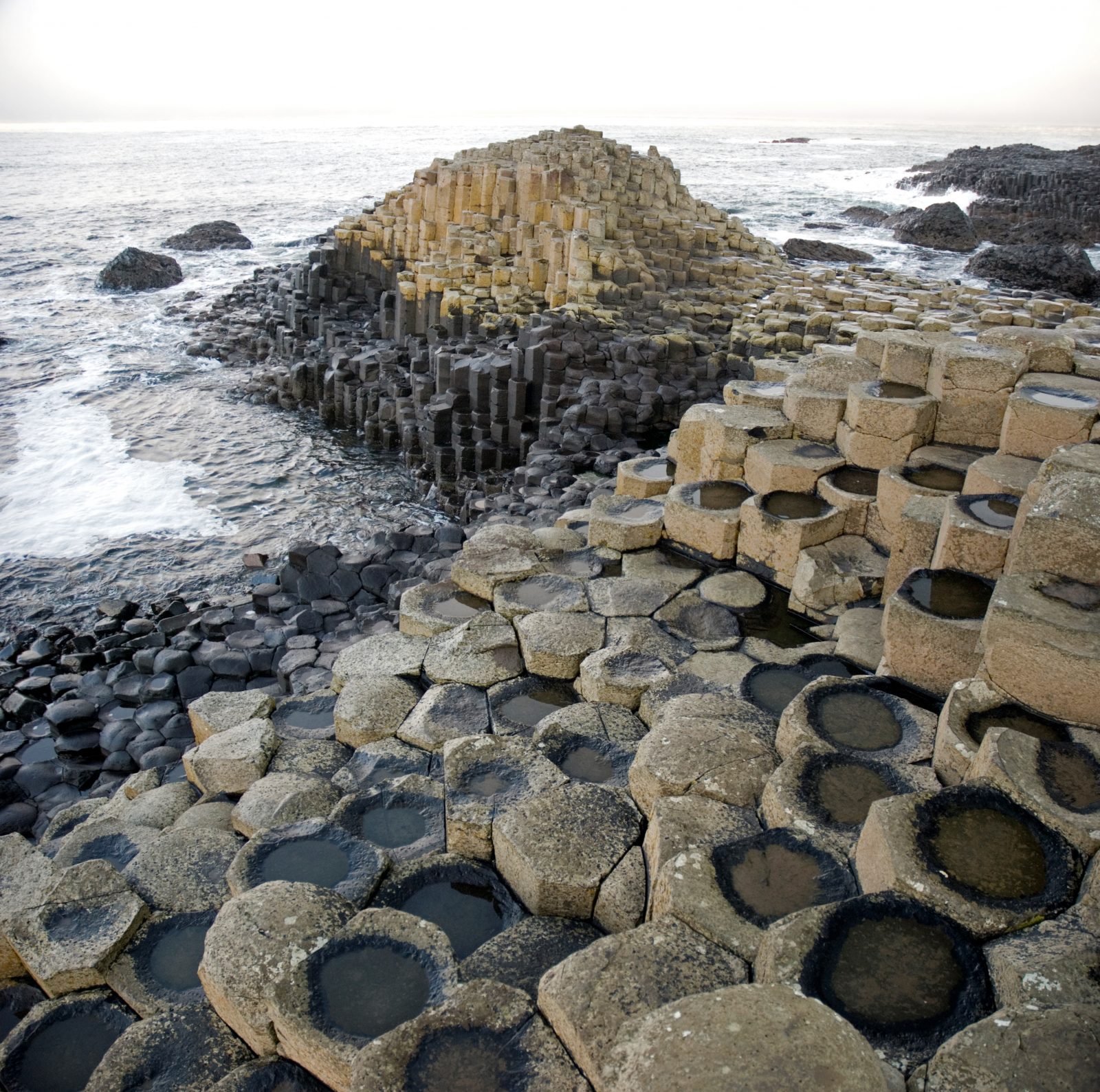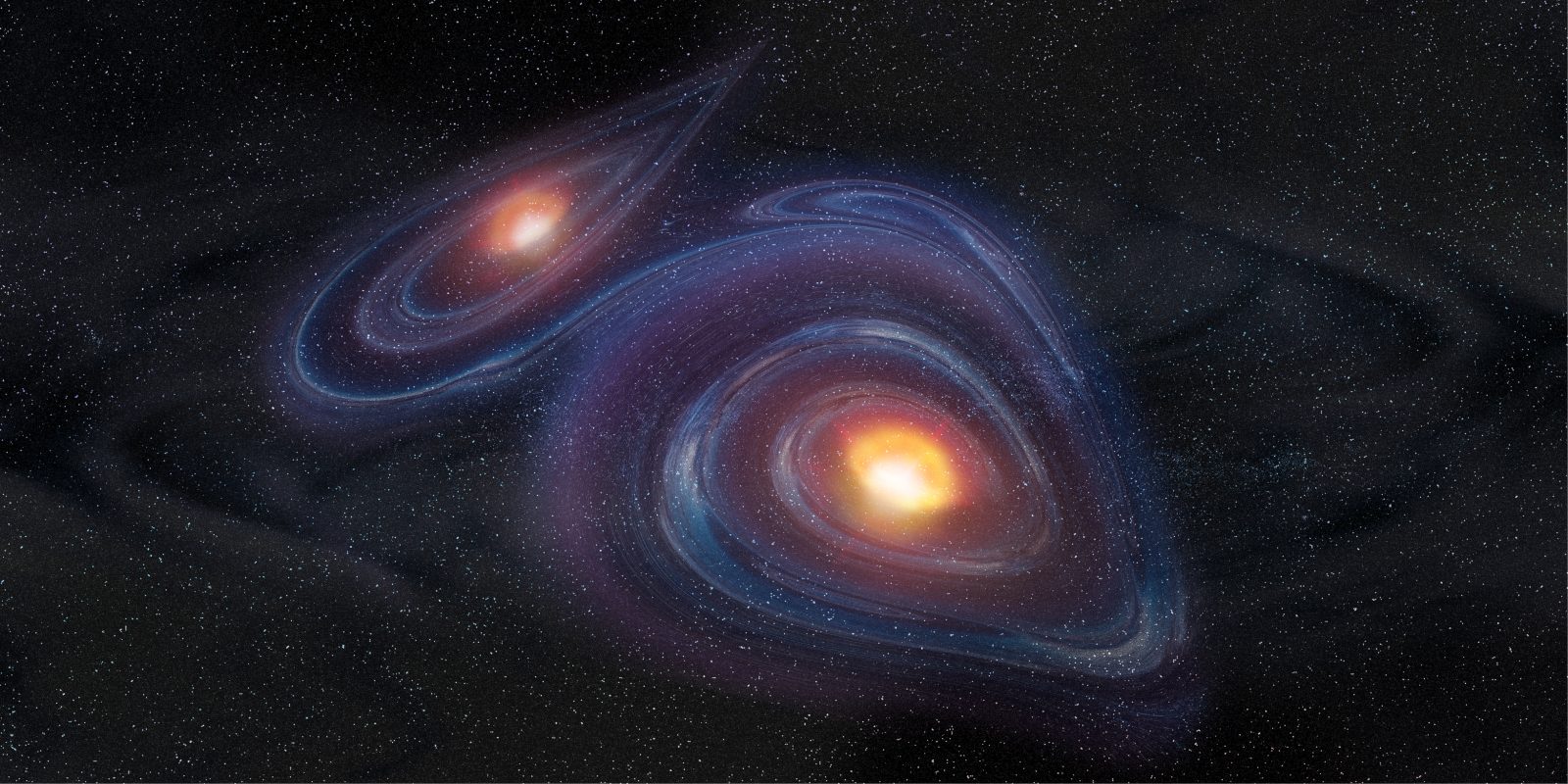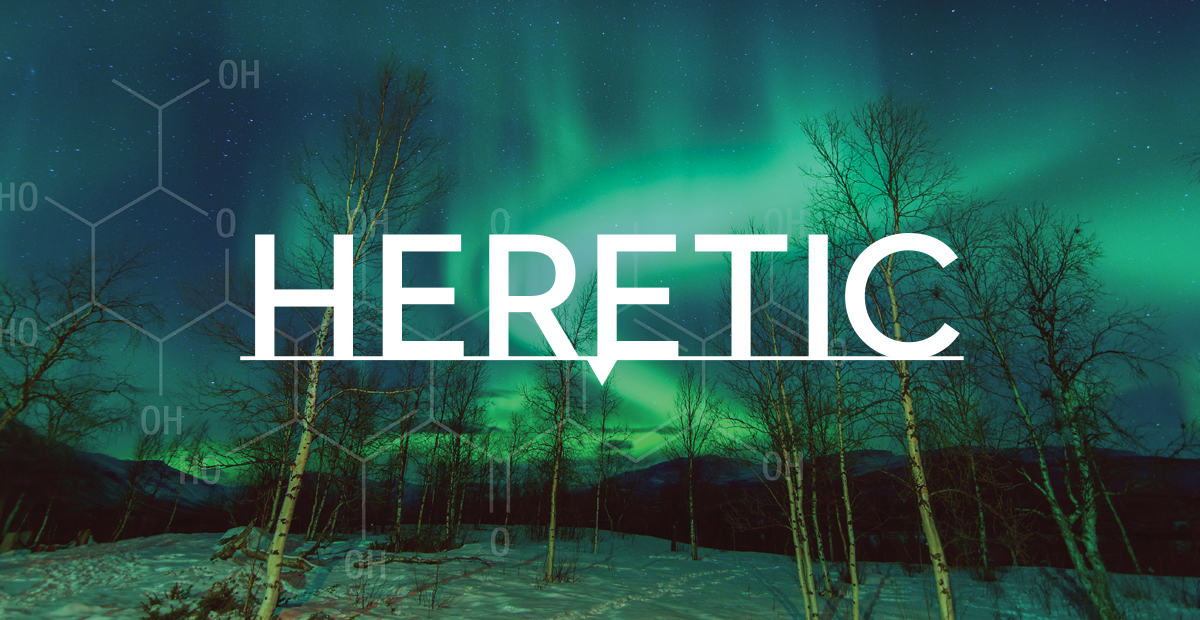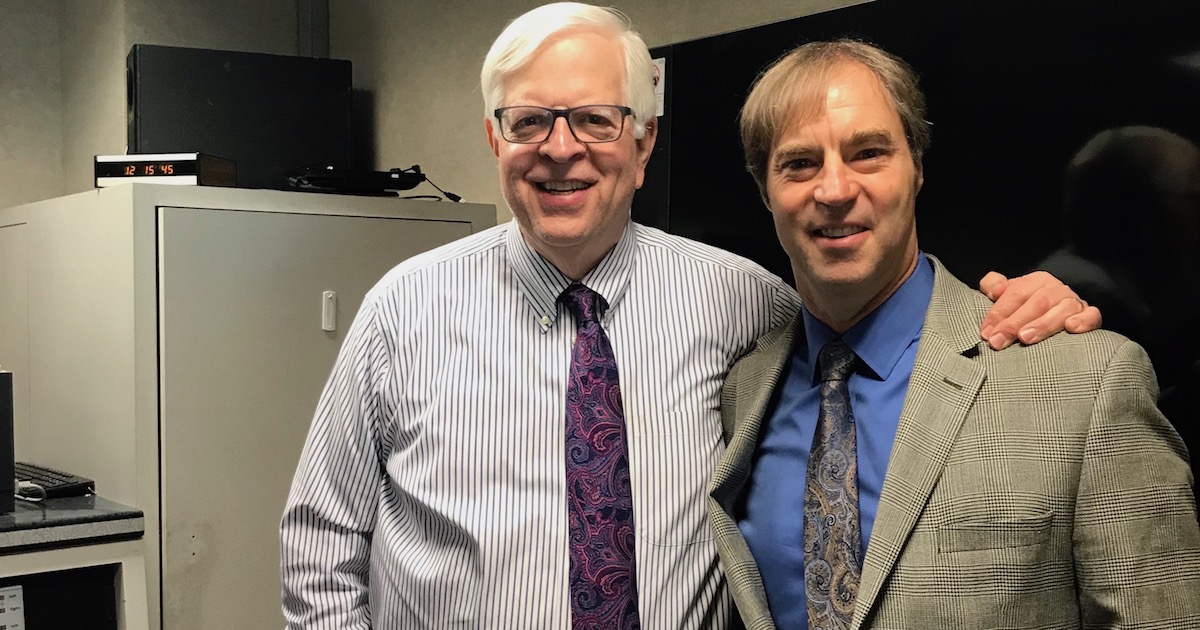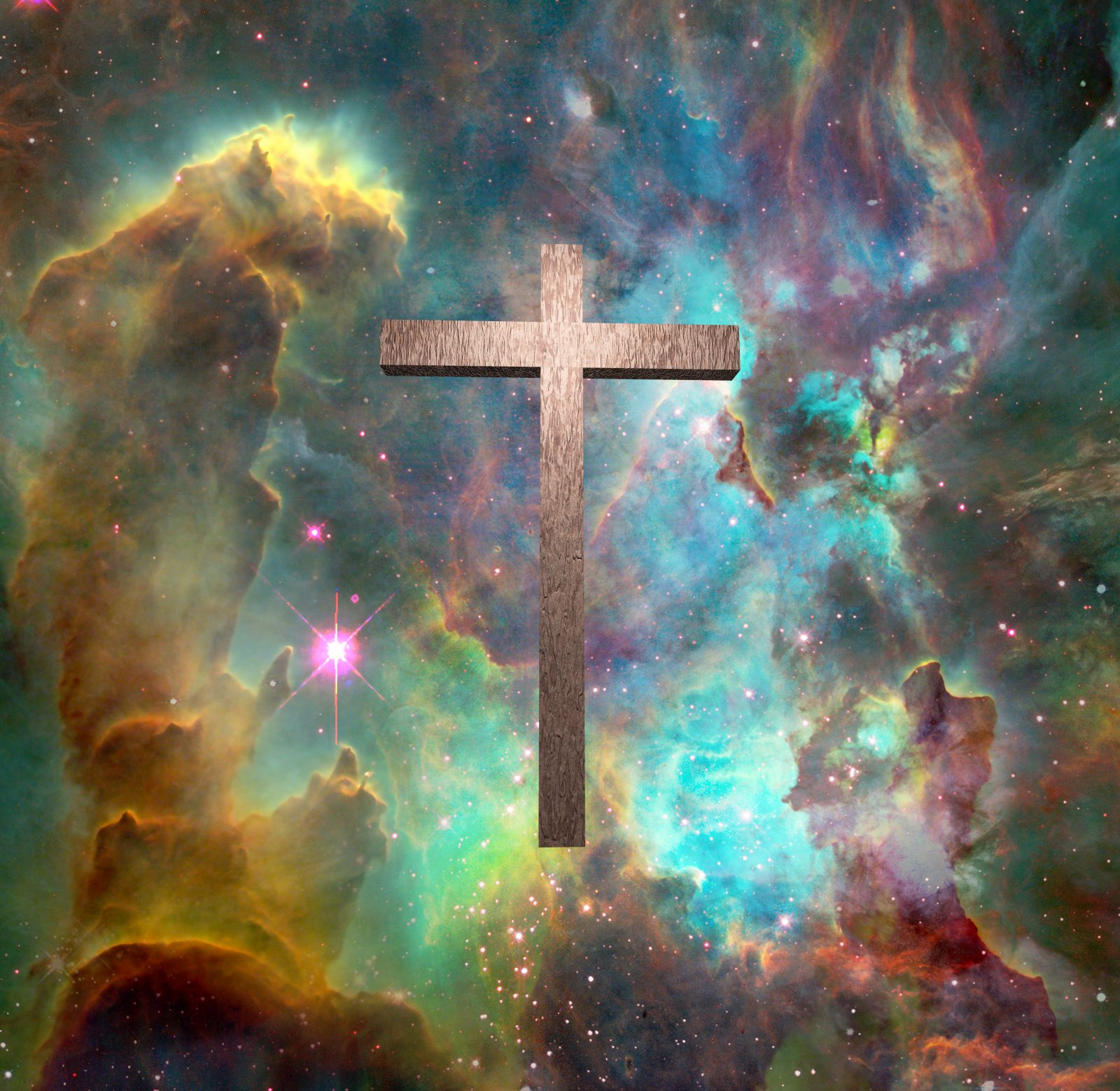
Casey Luskin Reviews Three Views on Christianity and Science
On today’s ID the Future, host Tom Gilson and guest Casey Luskin discuss a new book Luskin recently reviewed at Evolution News, Three Views on Christianity and Science. Luskin, associate director of Discovery Institute’s Center for Science and Culture, summarizes the three views covered in the book: the independence view presented by Michael Ruse, the dialogue view presented by Alister McGrath, and the constrained integration view presented by Bruce Gordon. Luskin critiques the first two and argues that the dialogue view, in practice, quickly devolves into a monologue where religion is supposed to sit down and shut up the moment there is a point of difference between religion and consensus science. He says this is doubly problematic because (a) scientists are fallible and the scientific consensus changes; it’s not an infallible guide; and (b) key founders of modern science were inspired by a genuine cross-fertilization between scientific and theological reflection as opposed to a faux dialogue where all the influence moves only in one direction, from scientific consensus to religion. Luskin further points out that theistic evolutionists, such as those involved with the BioLogos group, promote the dialogue view but tend to quickly cede ground when evolutionary materialists muscle their way into an area previously claimed by a religious explanation. Luskin gives the example of theistic evolutionist and BioLogos founder Francis Collins pointing to universal human morality as something best explained not but by blind evolution but by the idea of humans made in the image of God. Luskin adds that this explanation apparently even played a role in bringing Collins to belief in God. In contrast, evolutionary psychology insists on explaining human personality in purely materialistic evolutionary terms, and as it has expanded its influence in recent years, BioLogos has tended to steer away from this very argument that helped bring their founder to belief in God. A better approach, Luskin argues, is the third one in the book, the constrained integration view advocated by CSC senior fellow Bruce Gordon.


